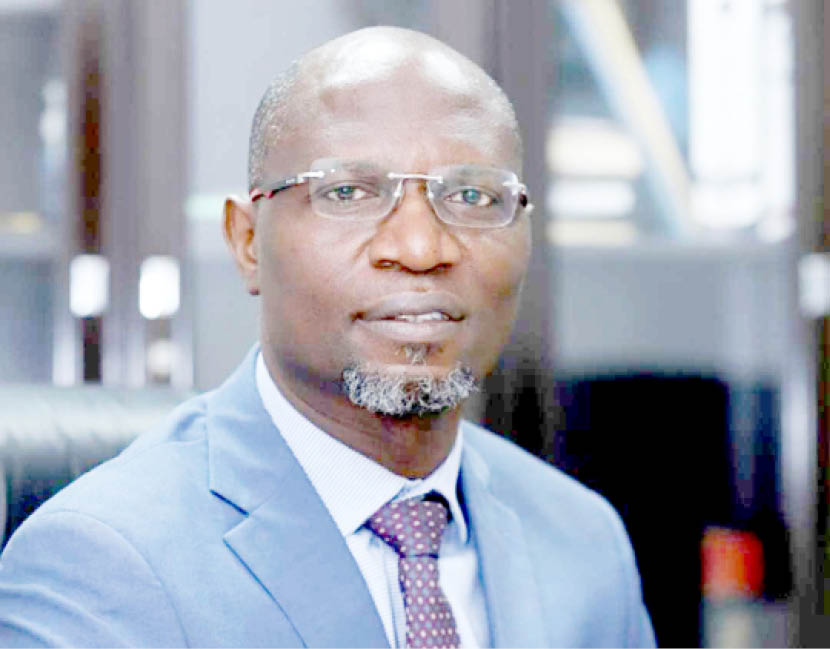The Director General of the Securities and Exchange Commission (SEC), Dr Emomotimi Agama, has described the capital market as being grossly undersold in helping to finance the humongous infrastructure deficit in the domestic economy.
Agama said considering the manifold contributions of the capital market in mobilising funds for other sectors of the economy in achieving their objectives, the capital market is capable, if adequate awareness is created to finance Nigeria’s infrastructure deficit exposure.
The SEC boss who made these remarks while moderating a panel session at the Day-2 of a stakeholders’ programme themed; Financing the future in Nigeria, organised by the duo of International Financing Corporation (IFC) and Milken Institute in Lagos, further noted that there is need for more investor education from operators in the market.
He said the regulator and the operators need to further strengthen the base, which is the capital market where funds are raised, noting that market-creative initiatives must be encouraged.
- IPMAN hopes for lower price as talks with Dangote Refinery begin
- Nigeria not on ballot for UN Human Rights Council poll — Presidency
The SEC DG said, “We have the capacity. Debt with regards to the capital market in Nigeria has not been explored. It is because people do not know and that is why we are out there letting them know about the capital market. The capital market is the barometre of any economy.
“Nigeria has the capacity to be able to fund the capital market. To be able to achieve this goal of the capital market, and actually mainstreaming the capital market to the national economy. Our infrastructure needs are huge, in every aspect. Considering that we have 36 states in the country and the FCT, and require funds for roads, health services, airport, education, and agriculture, it’s all encompassing, so we are looking beyond $50 billion dollars to be able to deal with these infrastructure deficits.
“President of the Federal Republic of Nigeria, Bola Tinubu, has asked us to grow a one trillion-dollar economy. That is possible, it is possible in the capital market. It is possible via the mining sector; it is possible via the oil & gas industry. It is possible via construction. It is possible via housing and development. It is possible in every way. If you imagine the amount of money we need, to galvanise that, then you know it is possible. ‘No’ is not an answer to us in the capital market, because it is possible.”
Speaking on the programme, Tom Ceusters, Director, Treasury Capital Market & Investments at IFC, said Nigeria being a critical partner, there was a need to educate mid-level regulators and market infrastructure participants.
He said the IFC is satisfied after 8 years of its partnership with the domestic economy, adding, “I think the results of the programme are very tangible. As we can see with the Director General of the SEC; he has been an alumnus of the programme for about 7 years. And we see it in many places, where participants in the programme make the best of their careers, and have impact on respective regulations in the countries they operate.”

 Join Daily Trust WhatsApp Community For Quick Access To News and Happenings Around You.
Join Daily Trust WhatsApp Community For Quick Access To News and Happenings Around You.


